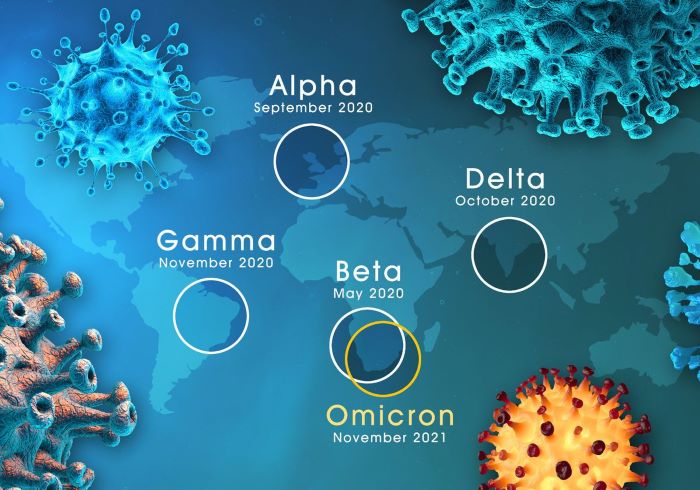Team L&M
Under its “illness to wellness” campaign, the Associated Chamber of Commerce and Industry organised a webinar on “Omicron Risk and Prevention”.
The webinar was attended by ASSOCHAM CSR Council Chairman Anil Rajput, Dr Ravi Shekhar Jha, Additional Director & HOD Department of Pulmonology & Sleep Medicine at Fortis Escorts Hospital, Faridabad, Dr Reshma Tewari, Chief, Critical Care & ICU at Artemis Hospitals, Gurugram, Dr Kavita Tyagi, Consultant, Department of Cardiology at Delhi’s Sir Ganga Ram Hospital and Dr Rajesh Kesari, Founder and Director, Total Care Control, Delhi–NCR.
Initiating the webinar, Rajput said, “Omicron has become the predominant circulating strain resulting in an exponential rise in infections in our country. India has fully vaccinated only 66% of the adult population and has just started inoculating children between 15 and 18 years. This along with a high number of people with underlying diseases and booster doses only for people above 60 years old are worrying factors as India faces its Omicron wave.”
“Omicron variant has two basic unique properties. One, it is the mildest form of Covid ever seen and two, it is the most contagious form of covid ever seen. The most important outcome from this uniqueness is that we should not be scared and panic. But we must not lower the guard, because we never know when this strain may mutate to a dangerous variant,” said Dr Jha.
Agreed Dr Tewari: “It is too early to comment on Omicron. Everyone must continue to exercise Covid appropriate behavior with appropriate use of masks, social distancing, and hand washing. Those, developing any symptoms or in the knowledge of exposure to a patient must quickly self-isolate while seeking medical advice.”
On the positive front, the healthcare infrastructure has seen improvement and ramping up in terms of oxygen and bed availability. This coupled with the high seroprevalence and well-vaccinated population as well as the initial suggestion of a less virulent virus should see India through. The Indian Statistical Institute suggests a peak by late February and then a decline. Meanwhile, the need of the hour is responsible actions from all.
“People suffering from co-morbidities are at a higher risk and we need to keep track of the baseline condition of Heart, Lungs, and kidney, as these people are more at risk for getting seriously ill, thus keeping healthy at physical, mental, social, emotional and spiritual levels, is a daily process,” added Dr Tyagi.
“Even though this disease is considered to be mild in nature, those undergoing cancer treatment may suffer and need hospitalisation. The encouraging fact is that a major part of the population has been vaccinated and the process of giving boosters and vaccination of children has been initiated,” said Dr Kesari.
